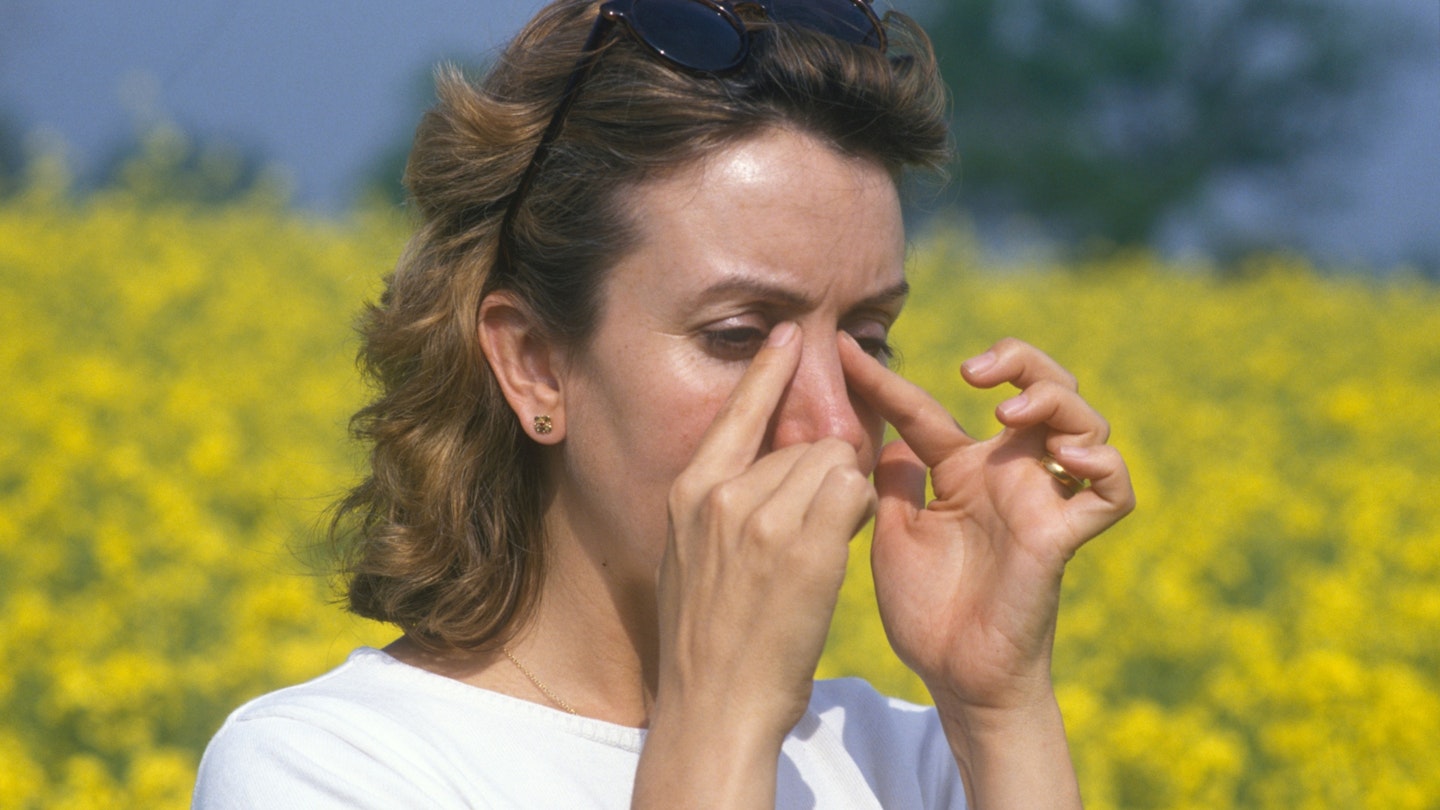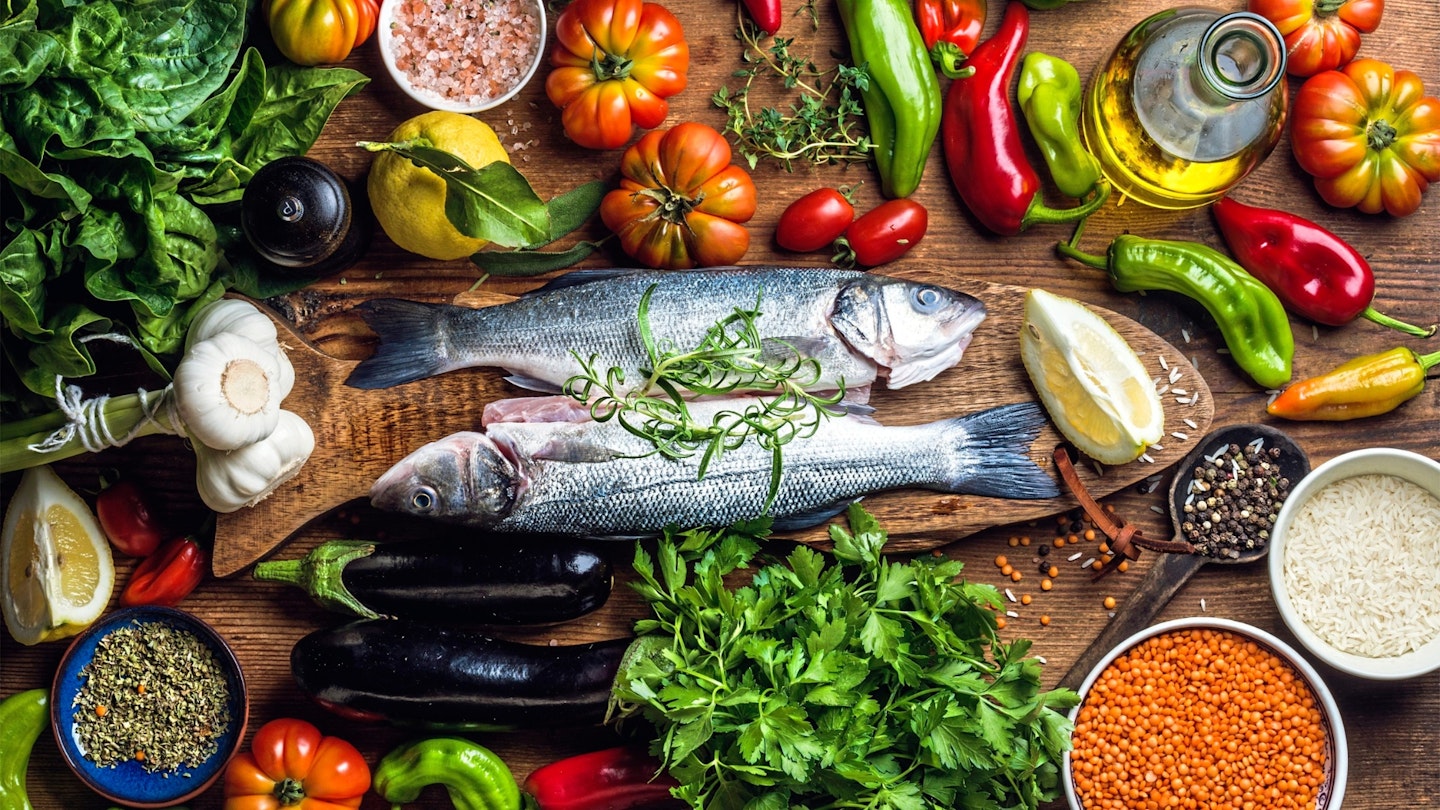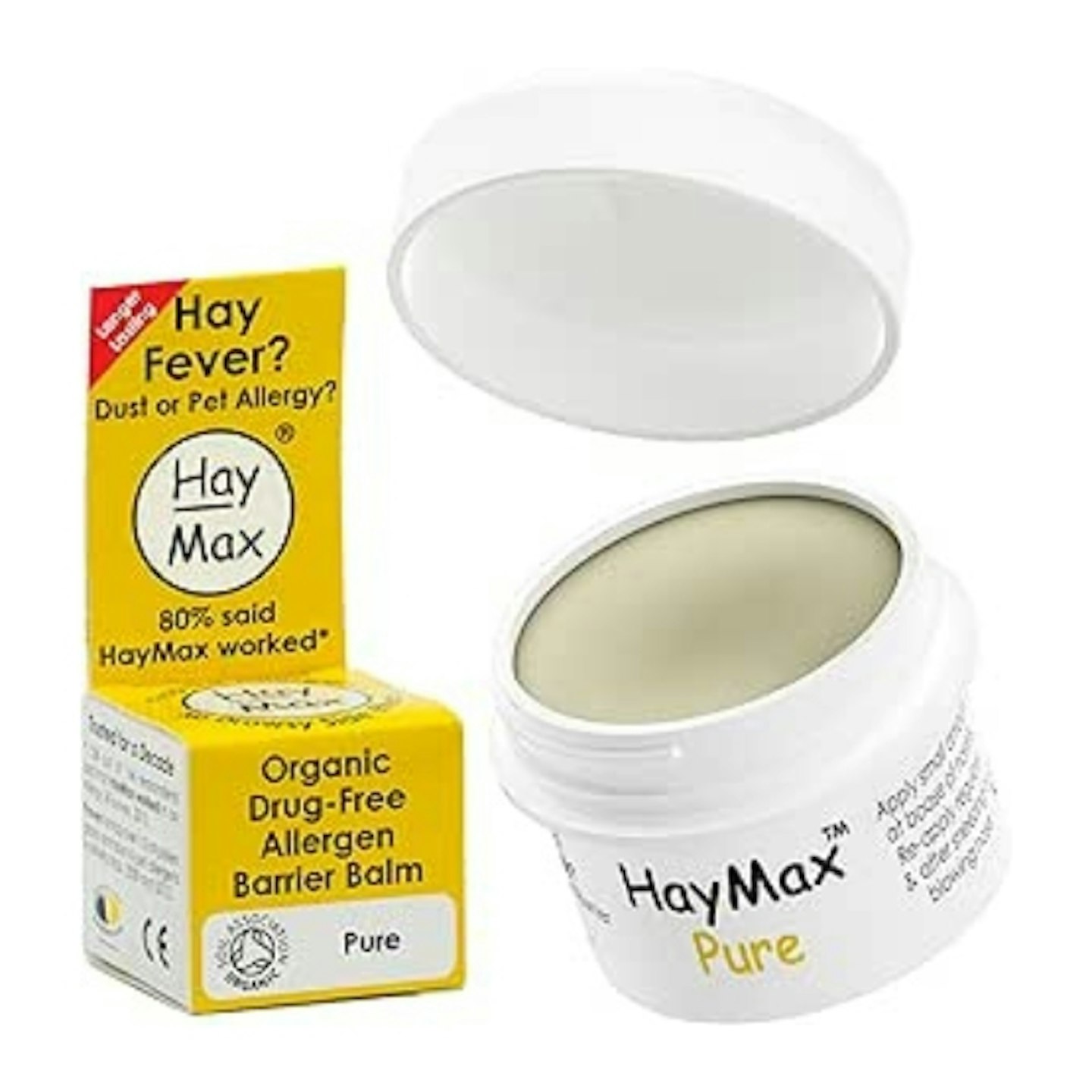Long, lazy summer days are finally here, but that means so is allergy season. Seasonal allergic rhinitis, or hay fever, is an allergic reaction to pollen and it affects one in five people in their lives. Far from just being a sniffle or watery eyes, hay fever can have a debilitating effect on sufferers. Almost half of the UK population struggle with hay fever symptoms, according to a recent survey by Allergy UK, with nearly a third developing symptoms in the last five years. With extra factors such as environment toxins, air pollution, invasive foreign species like ragweed, and longer, milder seasons from climate change, allergies are on the rise. So what can we do to combat hay fever and what hay fever remedies can help?

Could your diet be causing hay fever symptoms?
“We used to think we grew out of allergies, but we’re getting the adult onset of allergies a lot more now, and specifically hay fevers,” says Marlene Hochstrasser of the Devon Allergy Clinic. Modern life plays a part, as do our genes and the environment. “Modern medicine is now looking at the link between allergies and the gut microbiome,” Marlene says. New research shows that the more diverse and healthy our gut bacteria, the less likely we are to develop hay fever. Allergies (including hay fever) are inflammatory conditions and some foods, such as sugary or processed foods, can worsen existing conditions. “I see so many people in my clinic who didn’t have hay fever but, because their gut health is not as good as it could be, they are seeing the onset of later life allergies,” says Marlene.

The 3 stages of hay fever
Hay fever season has three stages and has traditionally lasted from March to September. Tree pollen season is first, then grass pollen season starts around June/July time and lasts through the summer months, before the weed seeds and mould spores in the autumn. Grass pollen is the most common hay fever trigger and affects around 95 per cent of people who have hay fever, according the charity Asthma + Lung UK. “It’s not just breathing in the pollen, it can be anywhere near grass, or even sitting on grass and some people can get sensitised through their skin,” says Marlene.
Holiday hay fever can also be a problem. Even if we don’t normally suffer from allergies, we can develop them when we go abroad. New pollens can trigger an allergic reaction through something called cross-pollination: evidence shows that southern Spain has a lot of olive pollen, which can react with ash pollen, so people could find themselves more sensitised to ash pollen when they return home. “There are huge amounts of cross-reactivity in the world of allergy, especially in pollens,” says Marlene. “On the other hand, some people can go to a place where there are fewer or no trees like the desert, so their symptoms could improve.”

So what can we do? If your hay fever is having a significant effect on your health, you could go to your GP and ask to be referred to your local allergy department where they can test for certain pollens and advise on the appropriate treatment. “What we can do for ourselves is take antihistamines,” Marlene says, plus think of ways to keep pollen at bay. “Pollen causes havoc when it gets into us, so we need to keep it out, regardless of what it is.”
Marlene’s tips for keeping hay fever at bay

-
Wraparound sunglasses are very important because they provide a barrier to pollen and other environmental influences.
-
Don’t hang the laundry on the line because, whatever the season, pollen will fall on it and you'll bring it in and contaminate inside your home.
-
If you’re out on a high pollen day, the minute you get in have a quick shower and change your clothes.
-
Do your holiday homework: if you are planning on going abroad, look at what countries have a lower pollen count at certain times of the year. Think about location too: if you’re by the seaside, you’re less likely to suffer because it’s also a place with fewer trees.
-
From a gut microbiome perspective, think about following a Mediterranean-style diet including lots of wholegrains, fresh fish and salads and fruits, as well as introducing more gut-friendly foods such as kefir, yogurt and fermented foods. “If we can look after our gut health a bit more, there is a good chance that our allergies will decrease,” says Marlene.
Marlene’s hay fever pick

“This is similar to Vaseline but doesn’t contain any petrochemicals. You can apply it around your nose and it physically catches the pollen particles.”
Meet the expert

Marlene, Clinical Director of The Devon Allergy Clinic, is a Registered Nurse with a Diploma in Allergy and FODMAP training. She specialises in allergy, gut health and immunology, offering testing, treatment and desensitisation. Combining medical and complementary approaches, she provides evidence-based care for IBS, SIBO, eczema, MCAS, and related conditions. Devon Allergy Clinic.
Lizzy Dening is an award-winning journalist and has spent many years working for Yours magazine both in-house and as a freelance writer and editor. Her specialisms include health and fitness, interviews (both real life and celebrity) and women’s issues. She’s also written for publications including Grazia, Vogue and the Guardian.
